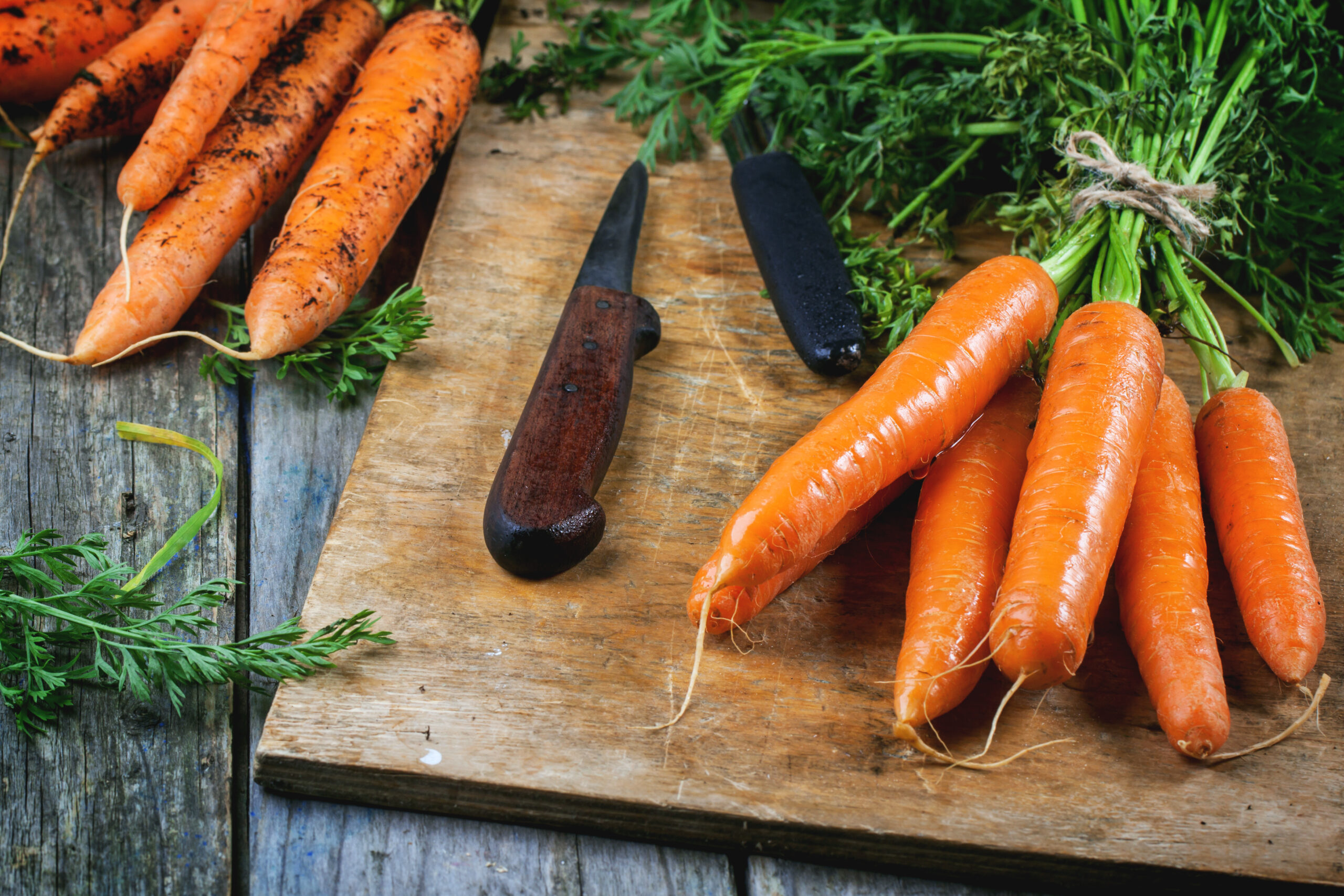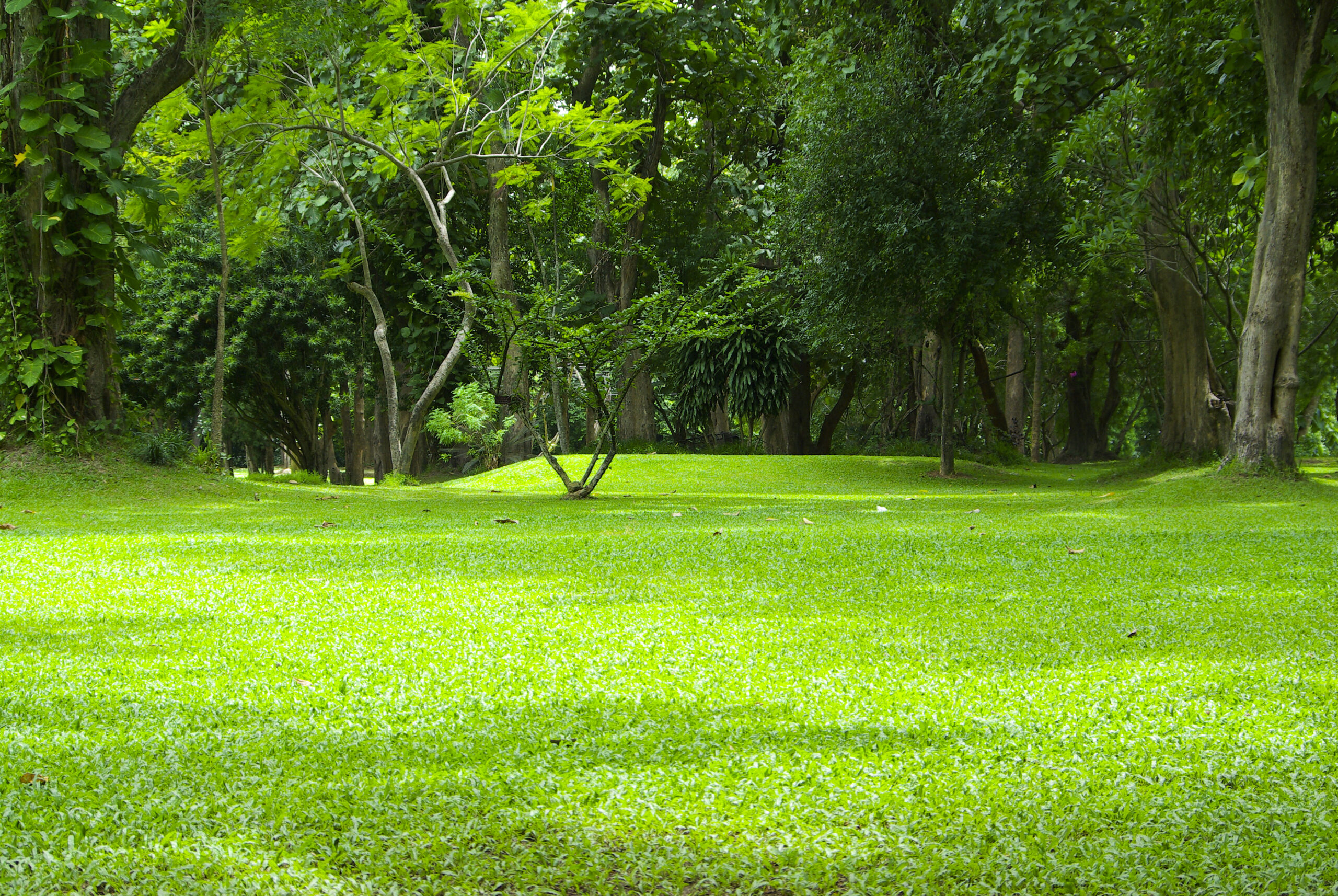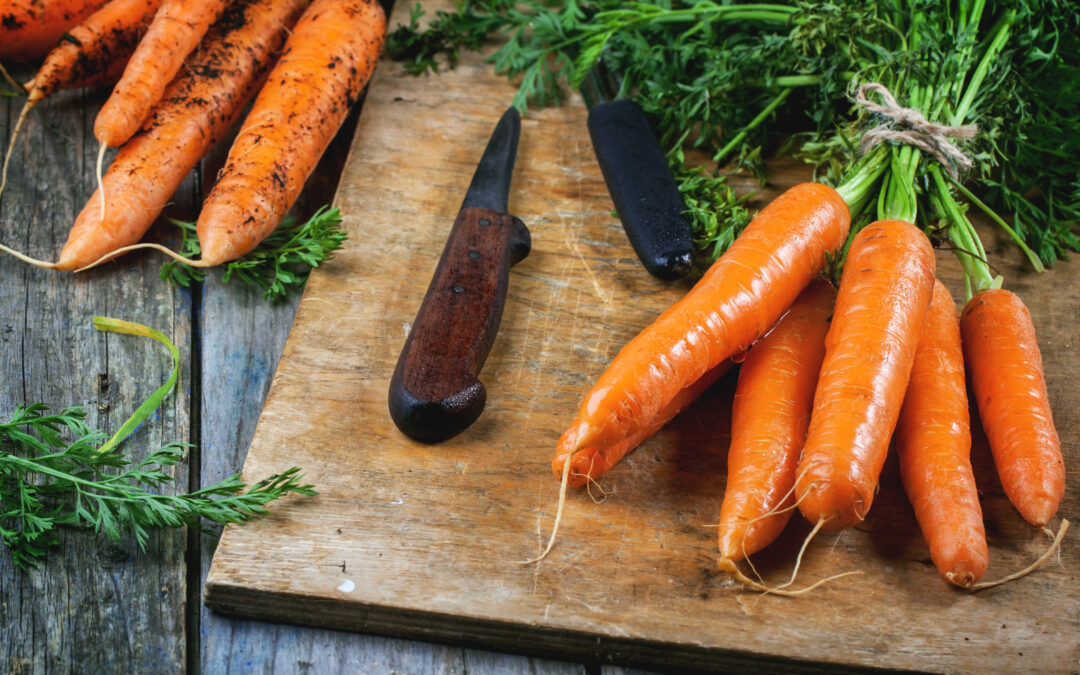Welcome to Home Farming 101! In this blog post, we’ll cover everything you need to know to get started with your own garden. Whether you’re a beginner or an experienced gardener looking for some new tips and tricks, we have something for everyone. Let’s dive in!
Introduction to Home Farming
Home farming is becoming increasingly popular as people look for ways to live more sustainably and reduce their carbon footprint. By growing your own food at home, you can save money on groceries while also enjoying the freshest produce possible. Plus, it’s a great way to spend time outdoors and connect with nature.
Choosing the Right Plants and Seeds for Your Garden
One of the most important steps when starting a home garden is choosing the right plants and seeds. Consider what type of climate you live in, how much sunlight your garden will receive, and what types of crops you enjoy eating. Some popular options include tomatoes, lettuce, spinach, carrots, and herbs like basil and mint. Once you’ve chosen your plants and seeds, make sure to read the instructions carefully and follow them closely.
Preparing Your Soil and Planting Your Crops
Once you’ve selected your plants and seeds, it’s time to prepare your soil and plant your crops. Start by removing any debris from your garden area and then loosen up the soil using a shovel or tiller. Add compost or other organic matter to enrich the soil and improve its texture. Then, dig holes for each plant or seed and fill them in firmly. Water your plants thoroughly after planting to help them establish roots.

Caring for Your Garden: Watering, Fertilizing, and Pest Control

Now that your garden is established, it’s time to care for it properly. Make sure to water your plants regularly, but don’t overwater them – different plants require different amounts of water, so be sure to do your research ahead of time. You may also want to fertilize your plants periodically to give them extra nutrients. Finally, keep an eye out for pests like insects and rodents, which can damage your plants and ruin your harvest. There are many natural remedies available for controlling pests without resorting to chemicals.
Harvesting Your Crops and Preserving Them
After several weeks (or months) of hard work, it’s finally time to reap the benefits of your labor! Harvest your crops when they are ripe and ready to eat. Depending on the crop, you may be able to store them in the fridge or freezer for later use. If not, consider preserving them through methods such as pickling, canning, or drying. This will allow you to enjoy your homegrown bounty all year long.
Common Mistakes Beginners Make When Starting a Home Garden
As a beginner, there are several common mistakes you should try to avoid when starting a home garden. One mistake is overplanting – resist the urge to cram too many plants into a small space. Another mistake is neglecting to thin out your plants early enough, resulting in stunted growth and poor yields. Additionally, failing to rotate your crops from one season to the next can lead to soil depletion and increased susceptibility to disease.
Benefits of Home Farming: Why You Should Consider Growing Your Own Food
There are countless reasons why you should consider growing your own food at home. For starters, it’s a fun and rewarding hobby that allows you to connect with nature and learn valuable skills. But beyond that, home farming has numerous health benefits. By growing your own food, you can ensure that it’s free of harmful pesticides and other chemicals often found in conventionally grown produce. Plus, nothing tastes better than fresh-from-the-garden fruits and vegetables!





